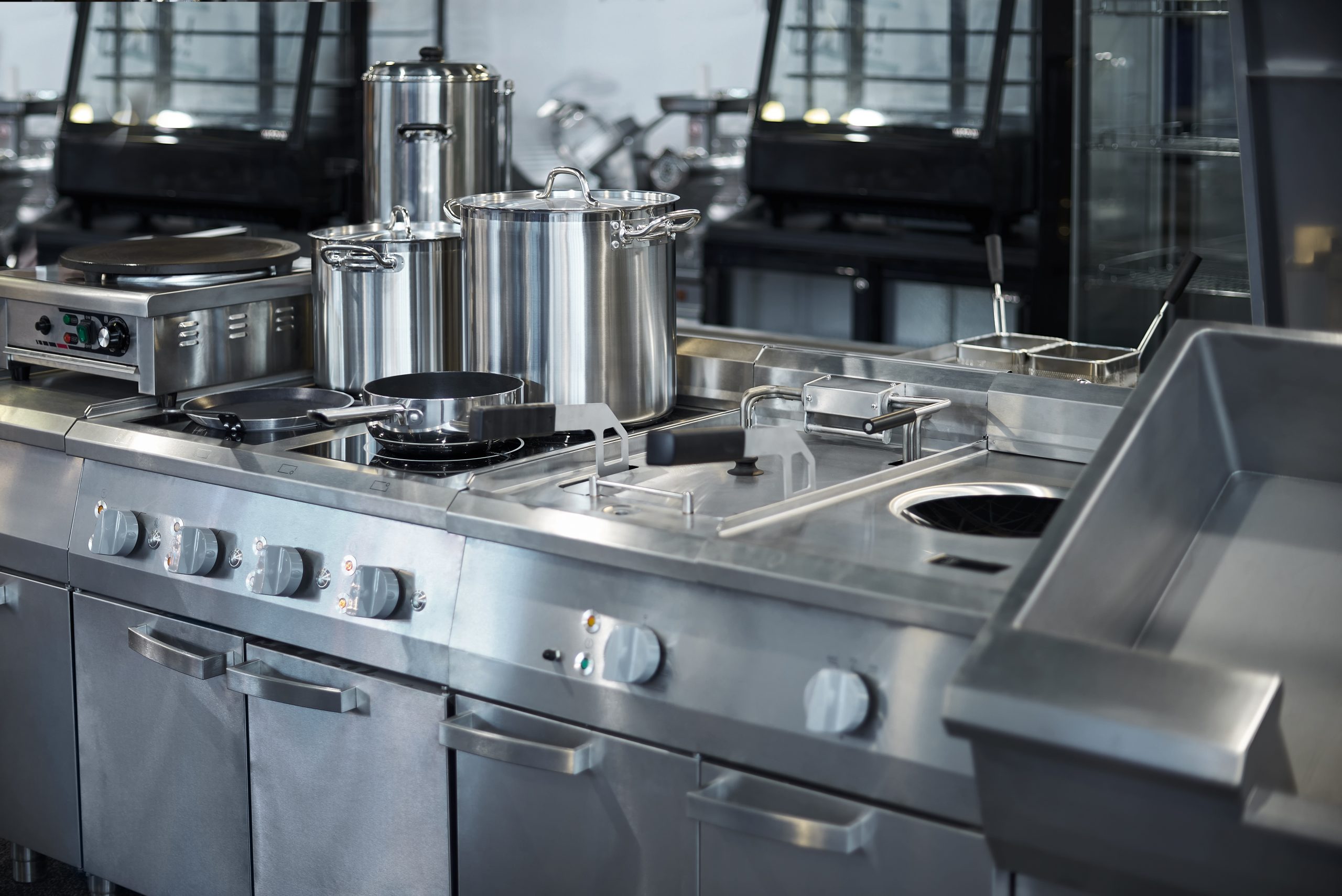
For any commercial kitchen, the efficiency and longevity of its equipment play a vital role in day-to-day operations. From ovens and refrigerators to dishwashers and grills, maintaining these machines is essential to ensure they function smoothly, reduce downtime, and prolong their lifespan. Regular kitchen equipment maintenance not only prevents costly breakdowns but also helps avoid disruptions in business operations that could affect customer service and satisfaction.
Reducing Downtime with Regular Maintenance
One of the biggest challenges for restaurants, catering services, and other food businesses is unexpected equipment failure. A malfunctioning oven or a faulty refrigerator can bring production to a halt, leading to delays, dissatisfied customers, and revenue loss. Constant maintenance of kitchen equipment helps identify minor issues before they turn into major problems, ensuring that the kitchen runs seamlessly.
By scheduling regular inspections and servicing, businesses can minimize downtime and maximize the productivity of their kitchen staff. This proactive approach to maintenance also saves money in the long run by avoiding emergency repairs or replacing entire machines due to preventable issues.
Extending Equipment Lifespan
Commercial kitchen equipment is a significant investment, and like any investment, it needs to be protected. With consistent maintenance, the lifespan of these machines can be significantly extended. Proper care, including cleaning, lubricating, and adjusting parts, helps keep the equipment in optimal working condition.
For example, grease build-up in kitchen hoods or clogged filters in refrigeration units can lead to inefficiency and wear. These issues can cause the equipment to work harder than necessary, leading to increased energy consumption and premature wear and tear. Regular maintenance ensures that all parts are functioning as they should, reducing the risk of expensive replacements.
Energy Efficiency and Cost Savings
Well-maintained kitchen equipment operates more efficiently, consuming less energy and cutting down on utility bills. When appliances are in good condition, they require less power to perform their functions, resulting in lower operational costs. This energy efficiency is not only beneficial for the business’s bottom line but also for reducing the environmental impact of excessive energy use.
For businesses that use high-end appliances like Miele, partnering with experienced professionals for regular servicing is essential. To know more about Miele engineer service, it’s important to choose specialists who understand the complexity of premium kitchen equipment and can ensure it’s running at its best.
Ensuring Compliance with Health and Safety Standards
In the food industry, compliance with health and safety regulations is paramount. Faulty or poorly maintained equipment can compromise food safety, putting customers at risk and leading to potential health violations. By maintaining equipment in good working order, businesses can meet the necessary hygiene and safety standards, reducing the risk of fines and legal complications.
Clean and fully functional equipment also contributes to a safer working environment for staff. Preventative maintenance ensures that machines are less likely to malfunction in dangerous ways, such as overheating or causing electrical hazards.
Conclusion
For commercial kitchens, consistent equipment maintenance is a non-negotiable aspect of running a successful business. From reducing downtime and improving energy efficiency to extending the lifespan of appliances, routine care ensures that the kitchen operates at peak performance. Whether you run a small café or a large-scale restaurant, investing in regular kitchen equipment maintenance will save time, money, and potential headaches in the future.
